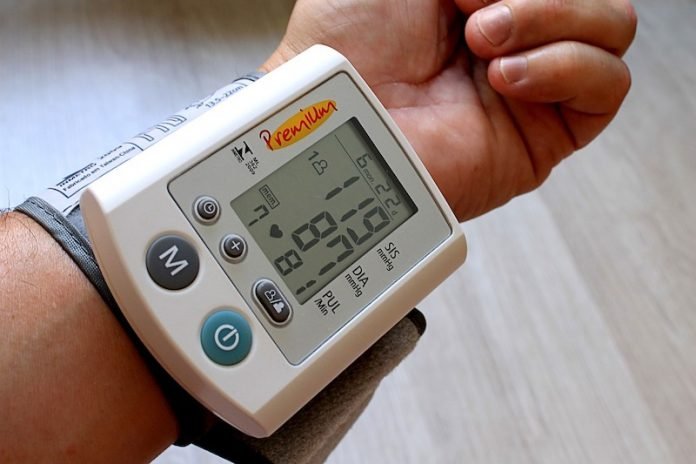
In a new study, researchers found that yoga practice that focuses on mental relaxation and breathing techniques could help people control blood pressure.
The exercise can provide a beneficial impact on high blood pressure as much as aerobic exercise.
The research was conducted by a team from the University of Connecticut.
In the study, the team examined the antihypertensive properties of yoga.
They did a meta-regression analysis of 49 published yoga studies done between 1983 and 2018.
The results showed that yoga practice emphasizing mental relaxation and breathing techniques, along with physical movement, could reduce blood pressure most.
Among people with high blood pressure, a yoga practice that emphasized both mental relaxation and breathing techniques can result in blood pressure reductions as large as 11/6 mmHg.
This is equal to or exceeds the numbers reported for aerobic exercise training.
Where yoga practices did not emphasize breathing techniques and mental relaxation, blood pressure reductions were found to be 6/3 mmHg.
The finding shows that yoga can work as an alternative therapy to fight high blood pressure, particularly for people unable or unwilling to perform aerobic exercise.
The team says that they are not telling people to use yoga to substitute for aerobic exercise.
Aerobic exercise is still the gold standard for lifestyle therapy in fighting high blood pressure. But yoga provides an additional option that can be just as effective.
While yoga shows promise in assisting with blood pressure control, the team says that future work needs to confirm the finding.
It needs to directly compare blood pressure response to yoga and aerobic exercise
The lead author of the study is Yin Wu, a postdoctoral fellow in the Department of Kinesiology.
The study is published in Mayo Clinic Proceedings.
Copyright © 2019 Knowridge Science Report. All rights reserved.



